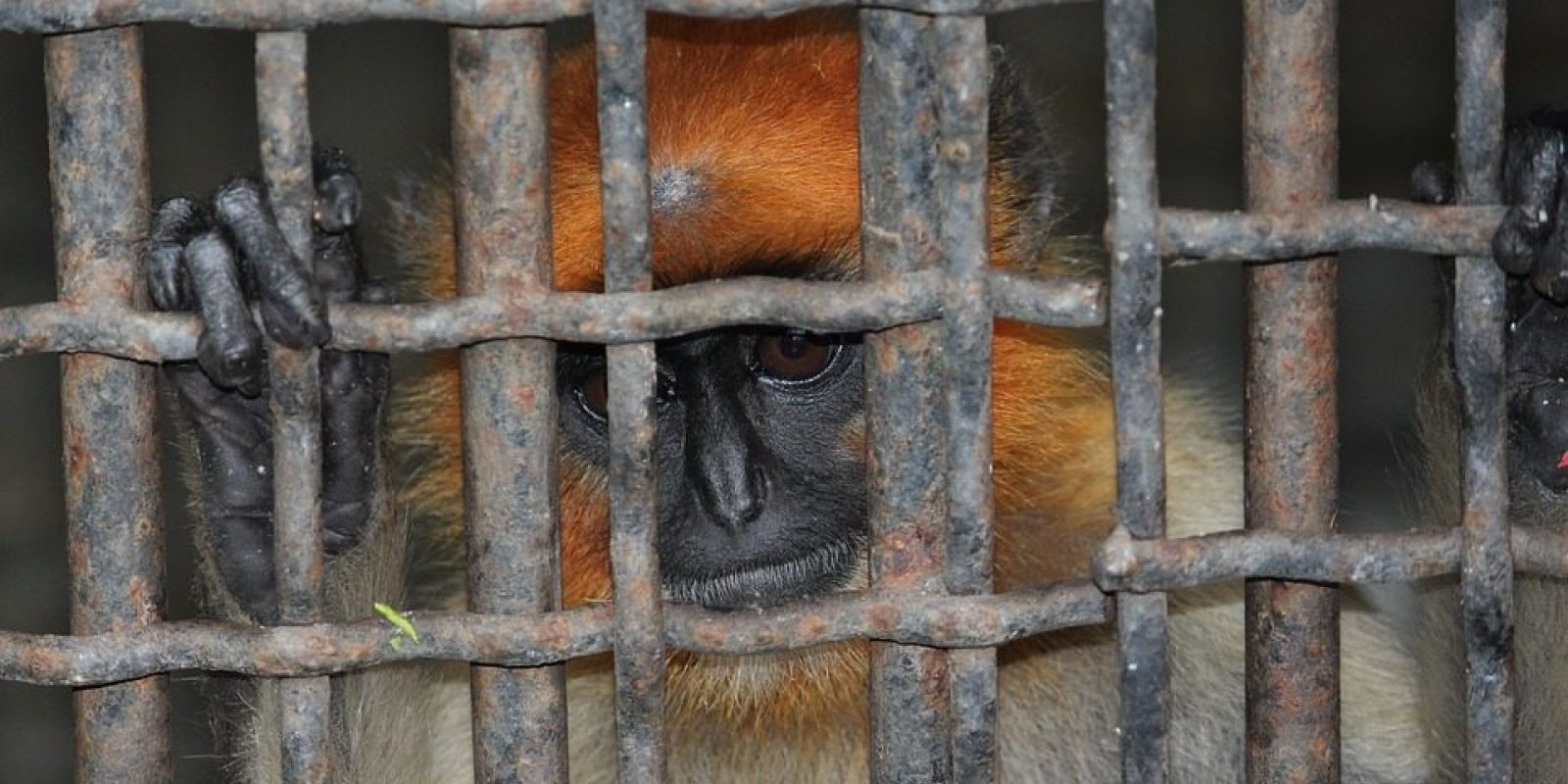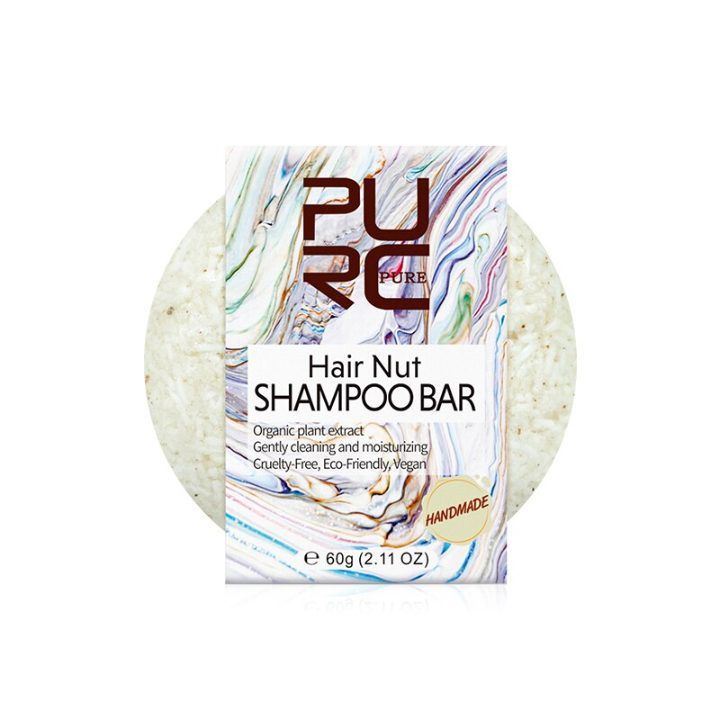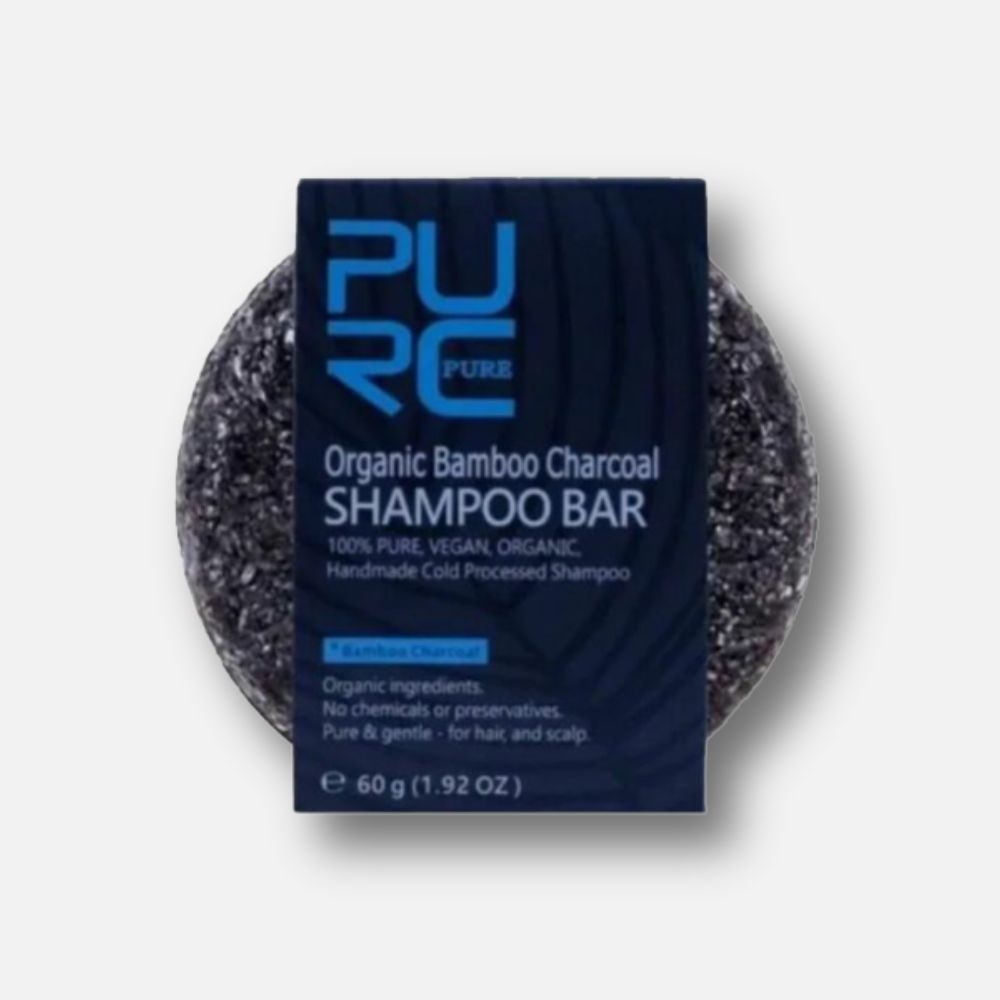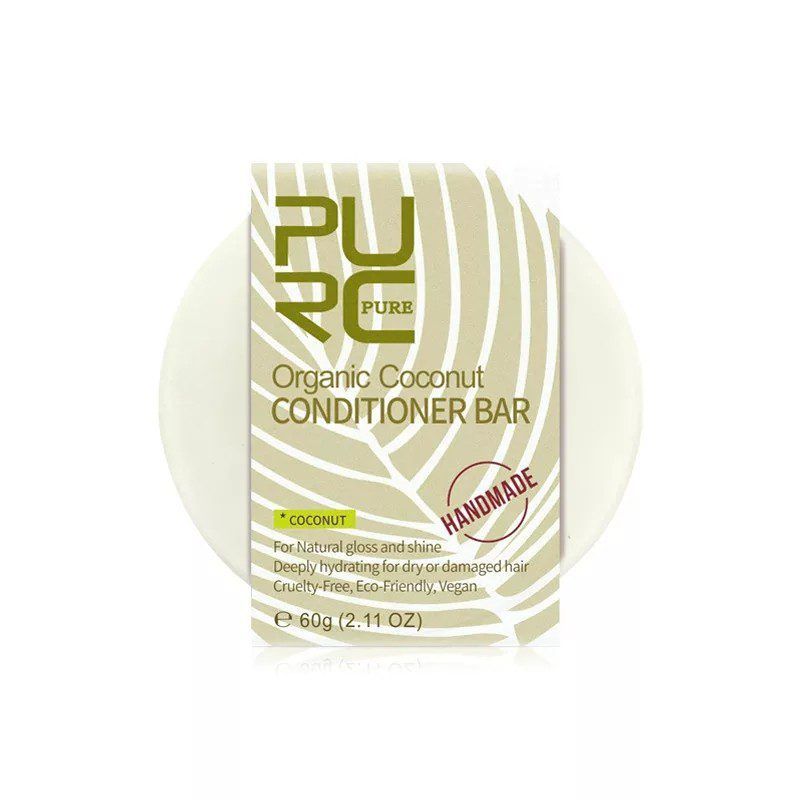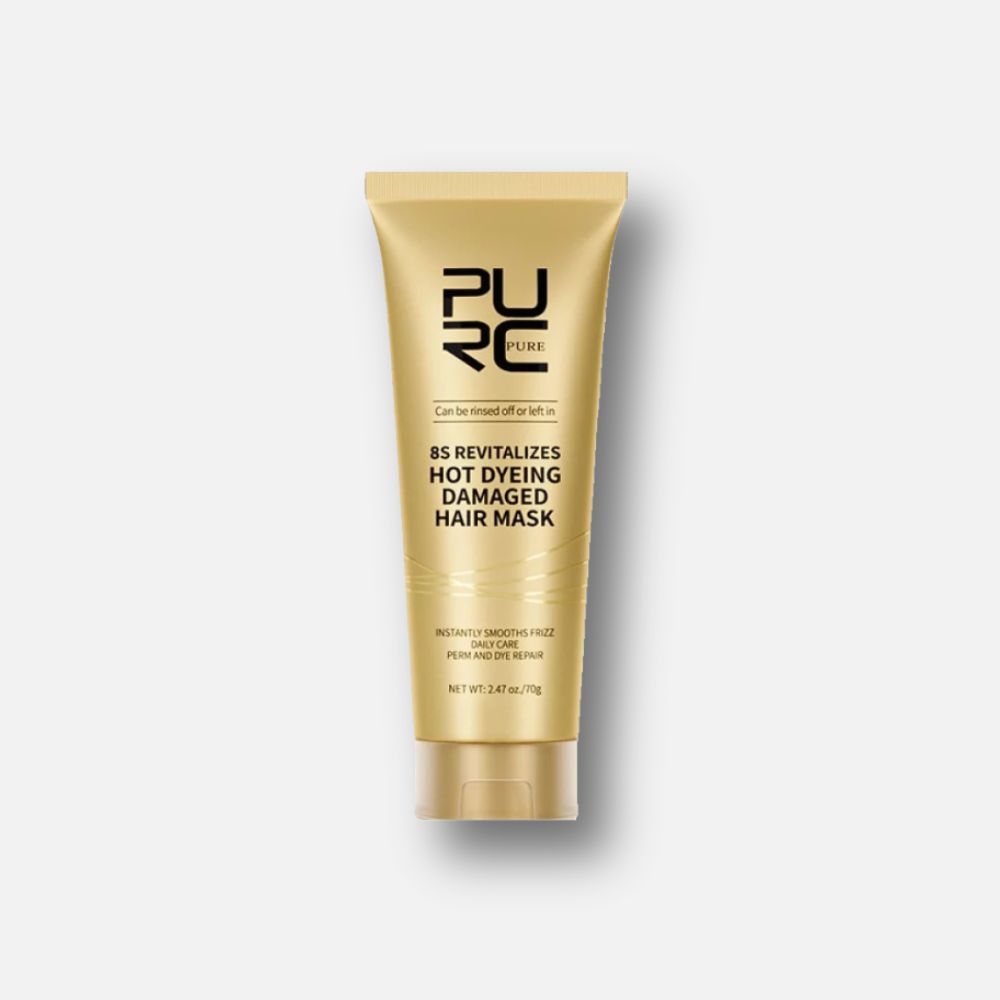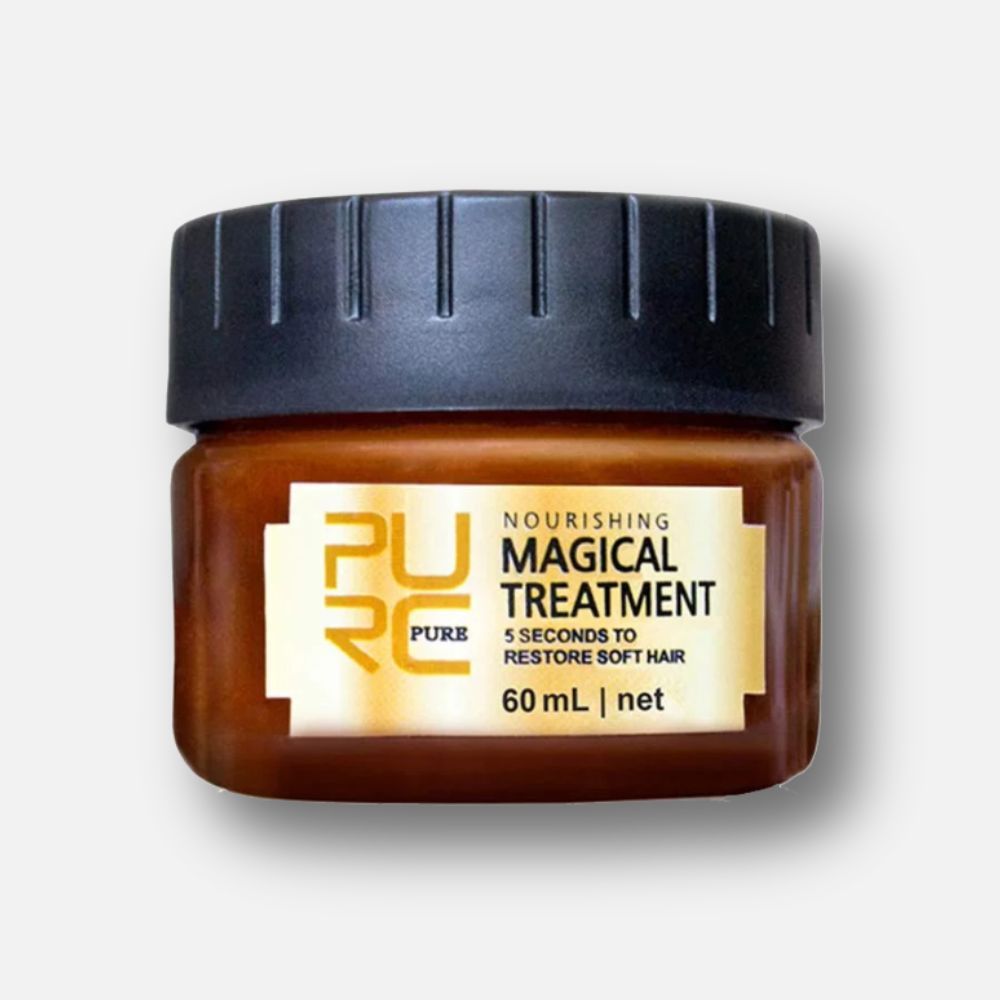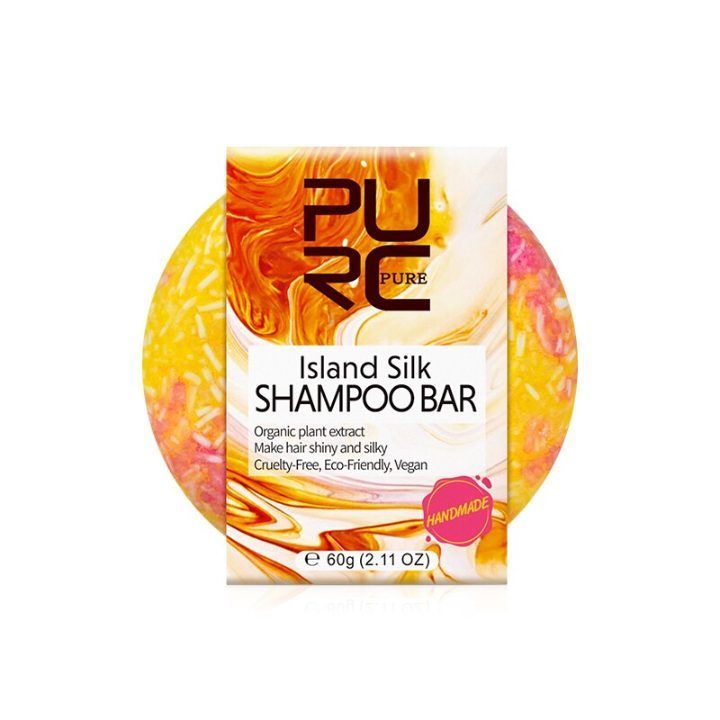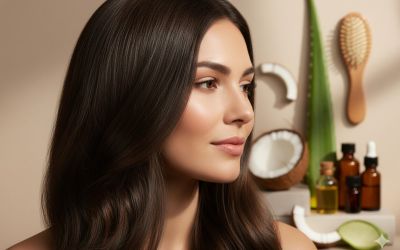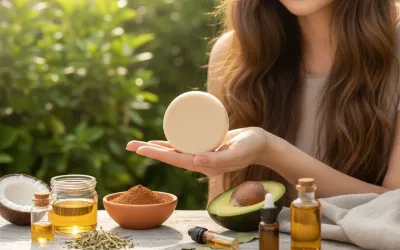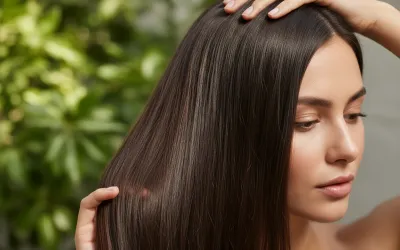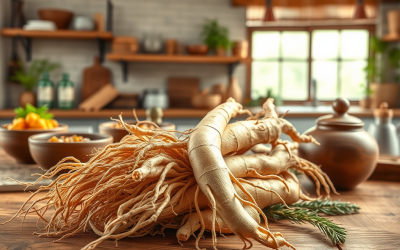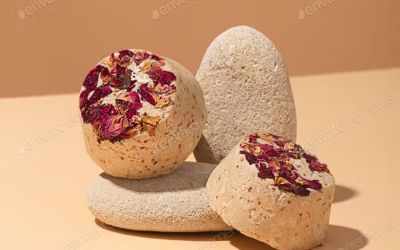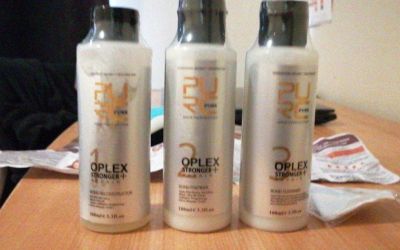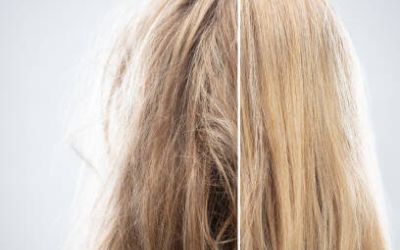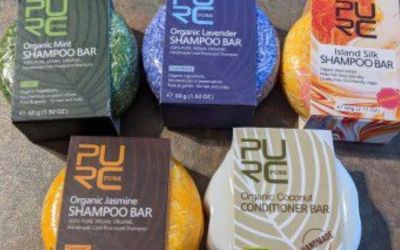In the guise of complex chemical compounds on product labels, we consume many ingredients derived from animal exploitation. These products can sneak into your everyday routine without your awareness.
From blood, bones, and guts, to the organs – everything is extracted from dead or living cats, dogs, cattle, bugs, etc. These products are used in various manufacturing processes.
While this seems unethical, major corporations do not care for such natural substitutes and leave it on us consumers to make such conscious changes. Animal-derived ingredients can easily be avoided by switching to easily-available alternatives.
We’ve listed surprising everyday items like; crayons, toothpaste, perfumes, etc, and some substitutes in detail below.
1. Perfume and Cologne: Contains Animal Ingredients
Hidden under the broad category of ‘fragrances’ on the label, perfumes include:
- Musk extracted from secretions from the genitals of otters, beavers, cats, and musk-deers
- Castoreum, present in vanilla-scented perfumes, from beaver genitals
- Ambergris from whale sperm secretions
- Hyraceum from Badger’s urine and feces fossils.
Try to opt for naturally derived perfumes and essential oils to make this practice a disincentive and also to avoid these icky ingredients.
Before purchasing ‘luxury fragrance’, think about the trauma that those animals went through to make you smell better. Yes, it is disturbing. It only takes a second to change your habits for the greater good.
2. Toothpaste
Your toothpaste contains glycerin, a colorless and odorless liquid derived from animal (cattle) fats and bones.
Glycerin prevents the toothpaste from drying out.Most product labels do not mention the source of their glycerin.
Besides, animal-based glycerin toothpaste could be harsh on your teeth and even cause tooth decay. Try switching to a natural substitute on your next purchase.
Consider the bigger picture, what’s the point if your toothpaste is doing more harm than good? Is it justified to have animals killed for a bit of shine on our pearls? Veganism is virtuous.
3. Shampoo & Conditioners
Animal by-products have forever been used in the hair care and cosmetic industry. Traditionally used in small quantities as a natural remedy, animal fats and other products are now sourced from factories that process dead animals from restaurants and farms.
According to organizations like PETA, shampoos and conditioners include various animal-derived ingredients such as:
- Panthenol
- Amino Acids
- Vitamin B
- Glycerin
- Gelatine
- Stearic Acids
- Keratin
- Cetyl Alcohol to name a few.
As there is no way of telling whether these ingredients are sourced artificially, via plants, or animals; choosing vegan and cruelty-free shampoo bars on your next shopping list should be a wise choice.
4. Fabric Softeners
Most fabric softeners list Di-hydrogenated Tallow Dimethyl Ammonium Chloride in their ingredients which is the jargon for ammonium mixed with animal fat procured from cattle – mainly, sheep, and horses.
The substance is obtained by boiling animal carcasses obtained from farms, labs, slaughterhouses, roadkill, and shelters. This component is also present in certain detergents. It covers the surface of the fabric with a layer of fats to make it softer.
Fabric softeners are loaded with many more potentially harmful chemicals and fragrances that may even trigger allergies. As the risks far outweigh the benefits, it’s best to chuck softeners out of regular use in your household. But if you still wish to, choose from a range of natural alternatives.
The awareness about using vegan products is spreading but is not acknowledged enough. It starts from home and what can be more basic than incorporating goodness while doing laundry?
5. Tires
In the vast majority, tires are manufactured with the use of Stearic Acid, a saturated fatty acid derived from cats, dogs, and cattle. This chemical substance promotes flexibility, strength, and grip in rubber and is used in many other rubber products besides tires.
Certain brands such as Michelin tires have started to offer vegan alternatives made from plant-based stearic acid. Their method uses vegetable fats and oils such as palm oil.
On the roads, ‘the more is NOT merrier’. Each vehicle has an average of 4 tires, and each of them has a history of animal killing. So next time when you change your wheels make sure they’re ‘clean’.
6. Candy
Think before you indulge in gummies. What they’re made of might not seem as sweet as they taste. Gummies use gelatin which is mostly derived from the skin and bones of cows and pigs. They may also be full of animal-based food dyes such as carmine (red dye) that is extracted from crushed bugs!
It doesn’t end there. Candies with a shiny hard exterior are covered in Confectioner’s glaze or edible shellac that is produced with the excretion of female lac bugs. No thanks! We’d much rather munch on some nutty and vegan candies. Make vegan candies your holy grail, they don’t have dark secrets to unveil!
7. Plastic Bags
As if this non-biodegradable product wasn’t already adding to a pile of threatening garbage, plastic bags contain something known as slip agents. The slip agent allows the product to reduce its friction and give a smooth and transparent finish to it.
Unfortunately, it is made from chicken feathers and stearic acid from beef fat giving you yet another reason to abandon these filthy things. Switch to a sustainable and eco-friendly option such as reusable jute bags!
The hatred for these poly-bags is rising by the minute, yet we refuse to give them up. What a ‘toxic’ relationship. Along with your garbage, throw these nasty pieces and welcome things that do not suffocate nature.
8. Sugar
Refined sugar in all its forms, white or brown, goes through the process of ‘char filtration’ i.e., charcoal made out of burnt bones of cows. It allows the sugar to be decolorized to get that crystal white color. However, brown sugar and confectioner’s sugar also include some level of processing with char – making them non-vegan.
Some certified vegan brands offer sugar that involves alternative refining techniques through ions or granular carbon. You can also use unrefined sugar that retains the nutrients of sugarcane – making it healthier.
9. Crayons
Have you noticed the distinct scent that crayons give off? Turns out it’s the smell of processed animal fats that’s been giving you a whiff of childhood nostalgia. This could just break a gazillion heart-warming memories of our childhoods.
Stearic acid, a compound extracted from cow or pig fat is a major component of crayons. Some brands now offer crayons made with natural substitutes such as beeswax or soy.
Let us try not to put our next generation through this heart-break. We are sure they’ll thank you along with mother nature.
10. Wine and Beer
Who knew drink contains something right out of a fish bladder? Wine and beer use a compound called Isinglass in filtering and clarifying the alcohol during the brewing process. This compound is procured from the bladder of fish to filter out yeast extracts from the drinks.
Wine and beer manufacturing may also use gelatin, casein, chitin, and dyes made out of insects. While these substances aren’t a direct ingredient of the final product, they can be a point of concern.
PETA maintains a list of vegan and cruelty-free companies that include some great alcohol brands.
Our intent is not to instill fear or disgust in the use of these products, but to help us make mindful choices of brands that follow a cruelty-free protocol. Even if you’re not vegan, avoiding these ingredients would help you make cleaner and holistic choices.
Our generation has been celebrating vegan and clean choices for a long time. It is time to bring a revolutionary change by our actions too. These small steps may not show significant results overnight, but we are sure that you will live a wholesome life knowing that you are giving back to a world that made you ‘YOU’.
